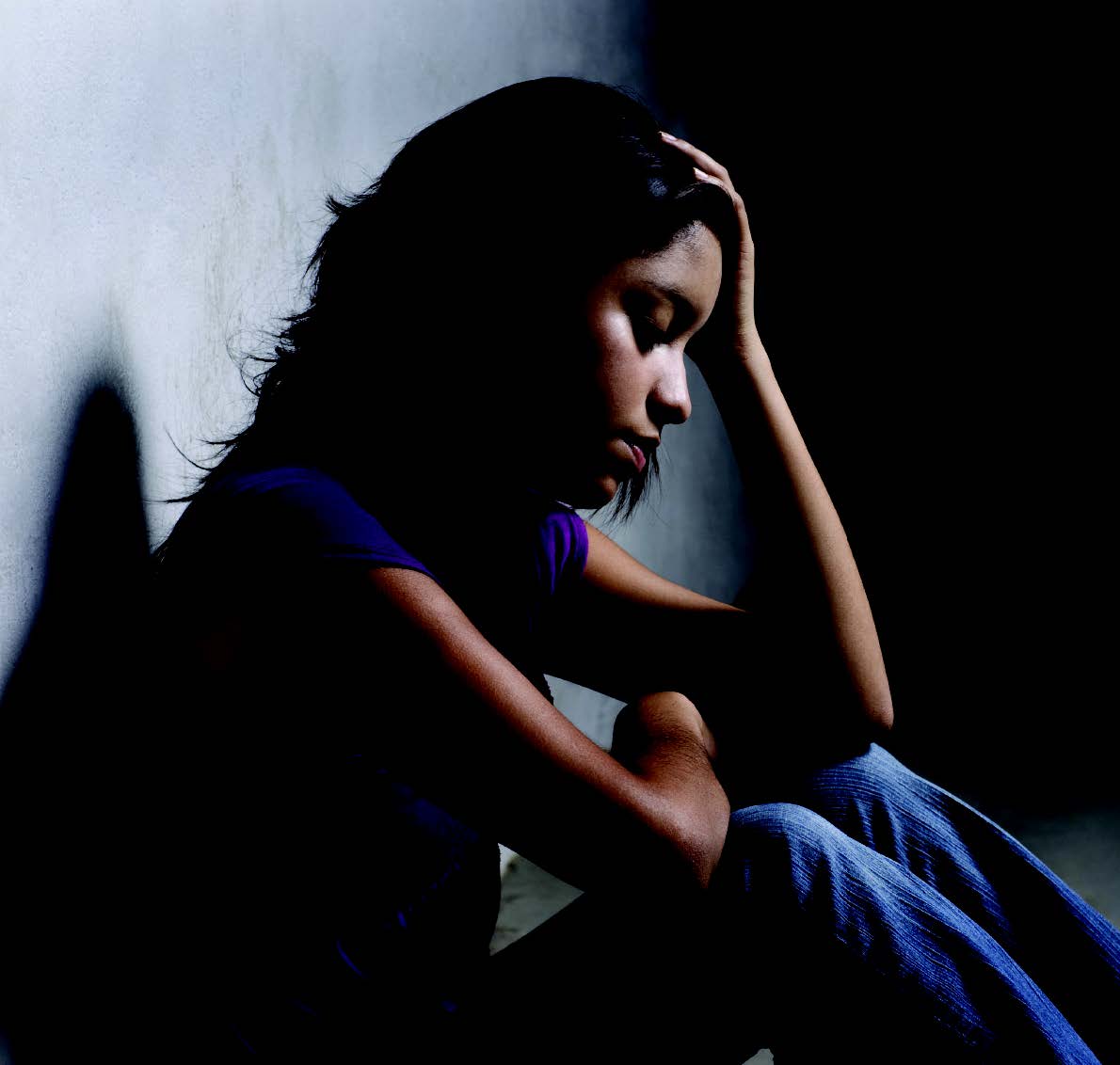
Are you the one who is always clicking new selfies to be posted on Instagram or who updates the tiniest details of life on Facebook?
Chances are that you are probably depressed!
According to a new study, the more time young adults spend on social media, the more likely they are to be depressed.
Spending more time on social media may increase the risk of exposure to cyber-bullying or other similar negative interactions, which can cause feelings of depression.
Also, unlimited use of social media could fuel “Internet addiction,” a proposed psychiatric condition closely associated with depression.
The results of the study showed that on an average the participants used social media a total of 61 minutes per day and visited various social media accounts 30 times per week.
Compared with those who checked social media least frequently, participants who reported most frequent checking throughout the week had 2.7 times the likelihood of depression.
Similarly,participants who spent the most total time on social media throughout the day had 1.7 times the risk of depression, when compared to peers who spent less time on social media.
The research is published online in the journal Depression and Anxiety.
However, exposure to social media also may cause depression, which could then in turn fuel more use of social media, the researchers pointed out.
“It may be that people who already are depressed are turning to social media to fill a void,” said lead author Lui yi Lin from the University of Pittsburgh in the US.
The findings revealed that the exposure to highly idealised representations of peers on social media elicits feelings of envy and the distorted belief that others lead happier, more successful lives.
Engaging in activities of little meaning on social media may give a feeling of “time wasted” that negatively influences mood.
In 2014, the team sampled 1,787 US adults’ aged 19 through 32, using questionnaires to determine social media use and an established depression assessment tool. The questionnaires asked about the 11 most popular social media platforms at the time: Facebook, YouTube, Twitter, Google Plus, Instagram, Snapchat, Reddit, Tumblr, Pinterest, Vine and LinkedIn.
The researchers controlled for other factors that may contribute to depression, including age, sex, race, ethnicity, relationship status, living situation, household income and education level.
More than a quarter of the participants were classified as having “high” indicators of depression.
“Because social media has become such an integrated component of human interaction, it is important for clinicians interacting with young adults to recognise the balance to be struck in encouraging potential positive use, while redirecting from problematic use,” said one of the authors Brian A. Primack, director at the Pittsburgh University.
In addition, the findings can also be used as a basis for public health interventions leveraging social media.





Be the first to comment